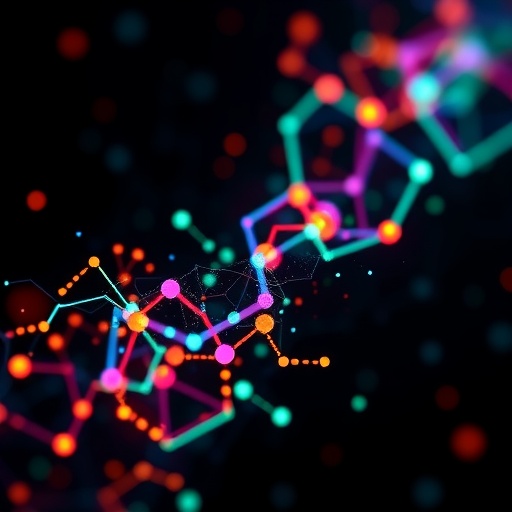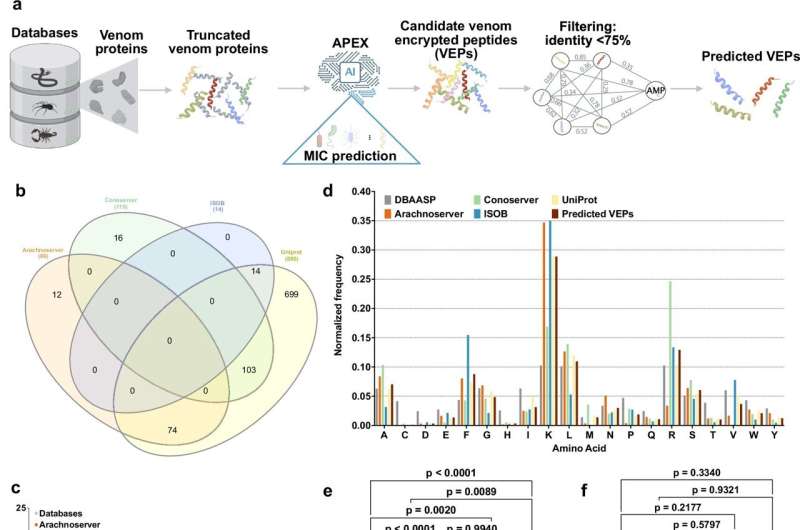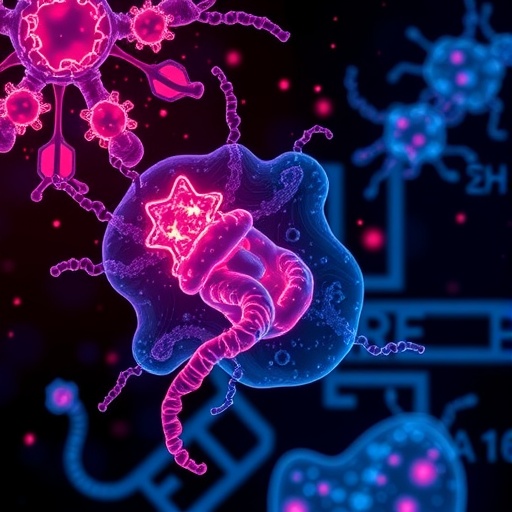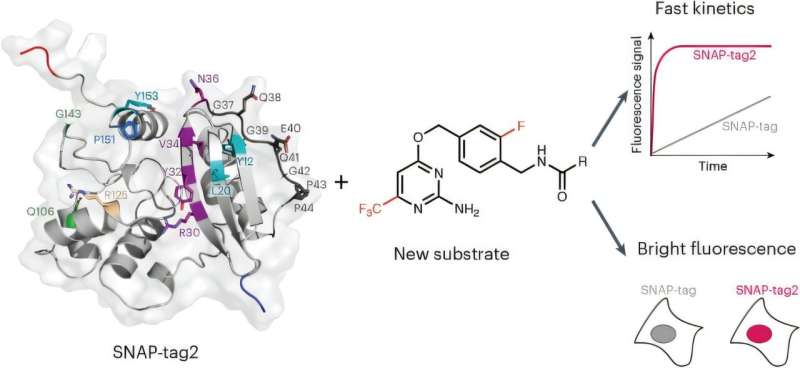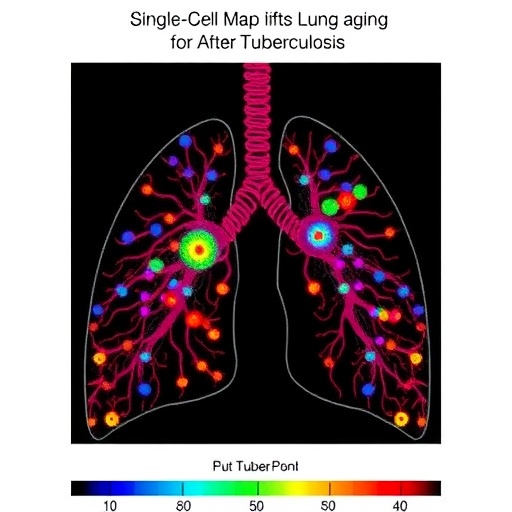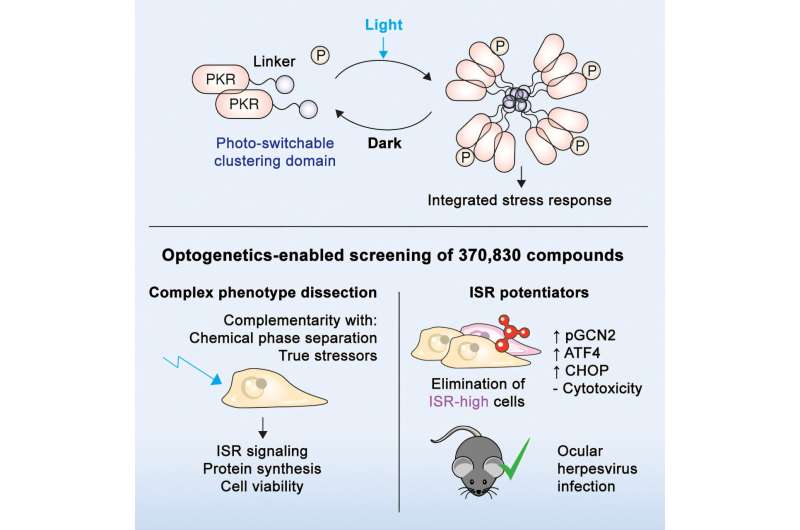Flow-Driven Data Boosts Autonomous Inorganic Discovery
In the relentless quest to tackle global challenges related to energy and sustainability, the pace of discovering advanced functional materials has become a critical bottleneck. Scientific progress in this realm hinges upon the ability to efficiently explore vast and complex parameter spaces inherent to materials synthesis. Despite the remarkable emergence of self-driving laboratories and automated … Read more
